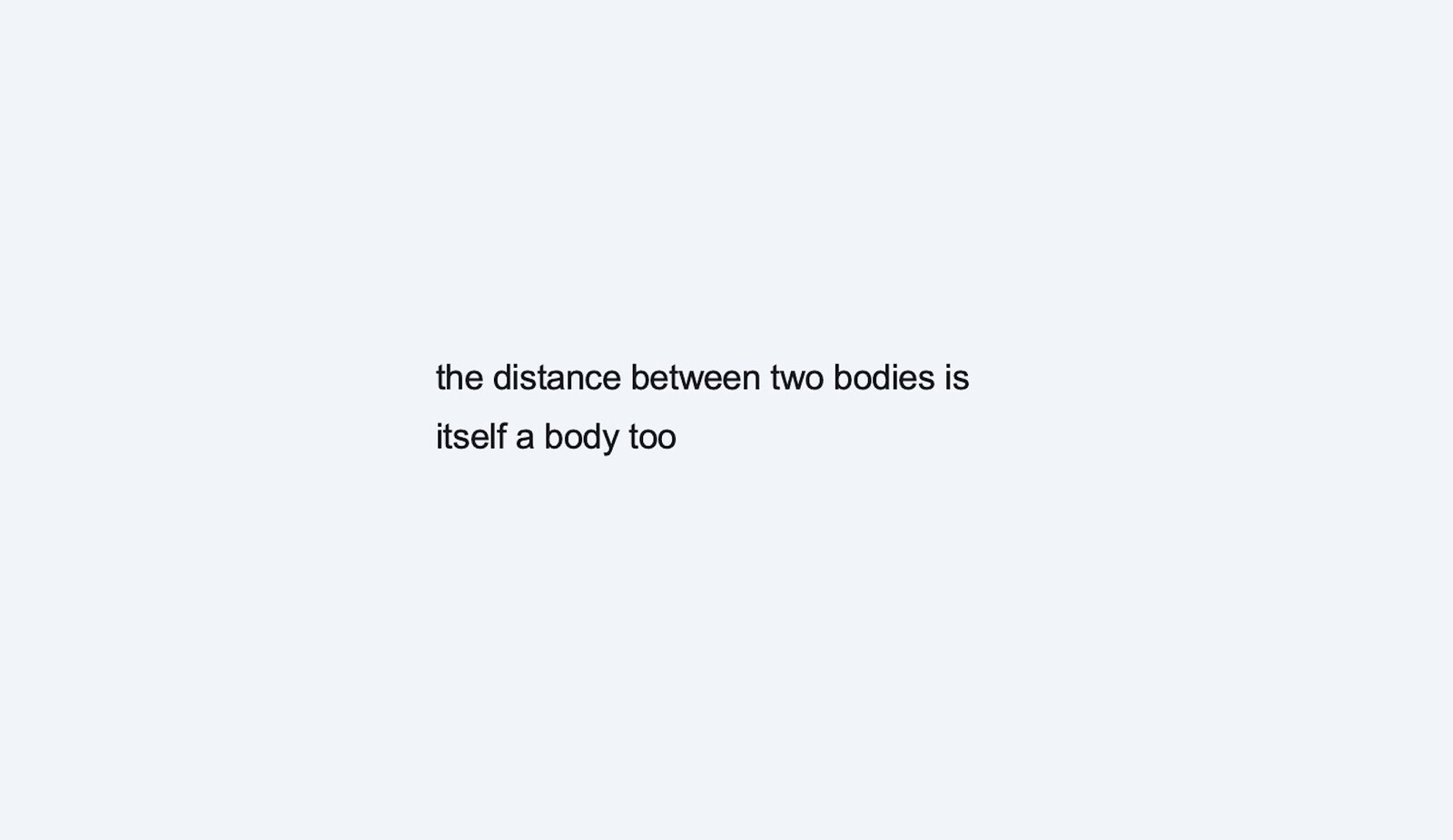Where art and literature once satisfied our search for meaning, wrote Don DeLillo, “now we turn to the news, which provides an unremitting mood of catastrophe.”1 This was back in 1991, it’s worth clarifying, but the point stands. Disasters need not even be real to meet our emotional needs, he continued, given that “reports and predictions and warnings” will suffice. At the start of this particular week, we’ll spare you any more of the latter.
As we hunker down for the latest instalment in the crisis of western democracy, it’s a reminder that watching the news alone will not equip us to change the world that it so unreliably represents. The media landscape has changed beyond recognition since Bush I and Mao II, but the suspicion remains that the spectacle of news entertainment is designed to generate exhaustion or catharsis—an experience of fear and pity as purgative and (however subconsciously) enjoyable—and thus to preclude any deeper understanding of the conditions it represents.
These thoughts were prompted in part by two pieces, published either side of this editorial, that independently identify “discomfort” as something like an ethical principle in the production of art. By making us aware of the constraints on how our bodies act in the world, writes Kevin Brazil, Bruce Nauman’s work drags us out of our more comfortable, mediated realities; the association of Amy Sillman’s painting “with the experiences of the body,” argues Rosanna Mclaughlin, is a reminder that an artwork is politicized by the embodied process of its production as much as the subject it represents. Which is to say that one’s politics are revealed by how one acts in the world, rather than what one shows to it. And, by extension, that we should be wary of polished and irreproachable images wherever we encounter them.
Art might return us to the more sullied space of constraint, struggle, and conflict in which we play out our lives. In doing so it reminds us that bodies do not fit neatly into the linguistic or demographic categories assigned to them, bump against each other, are fragile, are contested, fall apart, are fractious, have feelings, can be welcoming, can be hostile, contain, as an American poet once wrote, multitudes. And that attention to these jostling inconsistencies might prevent our seduction by the twinned and changeless illusions of apocalypse and utopia.
The year in which DeLillo published Mao II was also the year in which Eileen Myles ran for president of the United States. Tomorrow morning, asserting what Maggie Nelson describes as the right, however momentarily, “to turn away, to turn one’s attention to better things,” we’ll publish a new piece of altered prose by Myles.2 It’s a celebration of instability and indeterminacy as alternatives to dogmatism and absolutism. We hope that it might open up a small break in what promises to be a long day, and that in that gap you might find some fleeting freedom.
Don DeLillo, Mao II (London: Penguin, 1992), 72.
Maggie Nelson, The Art of Cruelty (New York: WW. Norton, 2014), 264.
